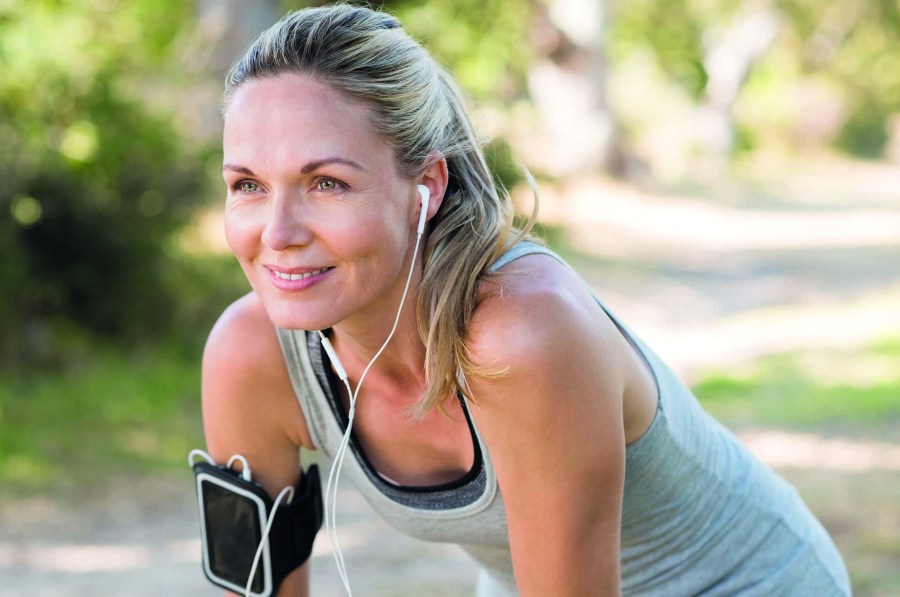Why is it harder to lose weight after 40? Is your age a barrier to you getting the body you dream of? Or are we just using it as an excuse and need to look more closely at our diets? We’ve got the answers you’ve been looking for.
On top of saggy skin, unpredictable hormones and smile lines that creep up as the years go by, it often feels harder to keep our waistlines from expanding too. Does being older automatically make it harder to lose weight?
Studies show that the average person typically puts on one to two pounds per year from early adulthood through to middle age. American data indicates that our biggest gain occurs when we’re in our twenties, but when we reach our forties and fifties, the accumulation of those extra pounds can start to become more evident.
So why is it harder to lose weight after 40? Does the fact our 40-plus bodies no longer ping back into shape through dieting signify a biological change, or are we, in fact, just eating a bit too much cake and doing too little exercise?
Muscle loss leads to a slower metabolism
According to registered dietitian Helen Bond, it can be a bit of both. ‘Physiologically we start to lose muscle every decade from our thirties, replacing it with fat,’ she explains. ‘Because muscles use up more calories than fat, having less muscle means a slower metabolism and a lowered requirement for calories.
‘In reality, however, much of the middle-age weight gain that happens probably isn’t the result of a slower metabolism at all, but due to lifestyle changes. For example, you may be no longer running around after kids as much, or perhaps have a bit more cash and eat out more, or may not be pushing yourself at the gym so much.’
The good news is that while it is harder to lose weight after 40 and keep your weight under control as you age, it’s certainly not too impossible. To give yourself a helping hand, make sure you add some weight training to your exercise regimen as this will help slow down muscle loss and offset the natural age-related decline in metabolism.
Eat more protein to build muscle mass
Diet-wise, eating more protein – but not more calories – will also help to maintain muscle mass and could help to keep you fuller too. Ideal sources to include two to three times a day include chicken, white and oily fish, nuts, tofu and pulses.
Avoid weight changes
If you’ve still got youth on your side, avoiding too many big weight fluctuations now will pay dividends in future. Studies on female twins in Finland and America concluded that the more frequent the cycle of yo-yo dieting, the greater the increase in body weight over time, especially among those who started dieting young, while their body mass index was still healthy.
It pays to relax a little too – ‘stick thin’ body might have been your goal once upon a time, but it shouldn’t be now you are older, wiser and more confident. In fact, a study published in the American Journal of Epidemiology found that in older people, those who maintained a stable, slightly overweight status were the group most likely to still be alive 16 years later.
Healthy weight vs unhealthy
However, the line between ‘a little extra padding’ and unhealthy weight is a fine one, and which side of the line you fall can change around menopause.
‘As oestrogen levels fall, spare pounds that used to sit on the hips may redistribute to your stomach,’ says Helen Bond. ‘This then becomes a health issue as abdominal fat is the type likely to raise your risk of heart disease and diabetes.’
To assess your risk is simple – just measure a piece of string the same length as your height and then cut it in half. If the half-length string fits around your waist comfortably you don’t need to take any action. But if it doesn’t quite meet it would be wise to face up to your spreading middle and nip it in the bud.
READ MORE








